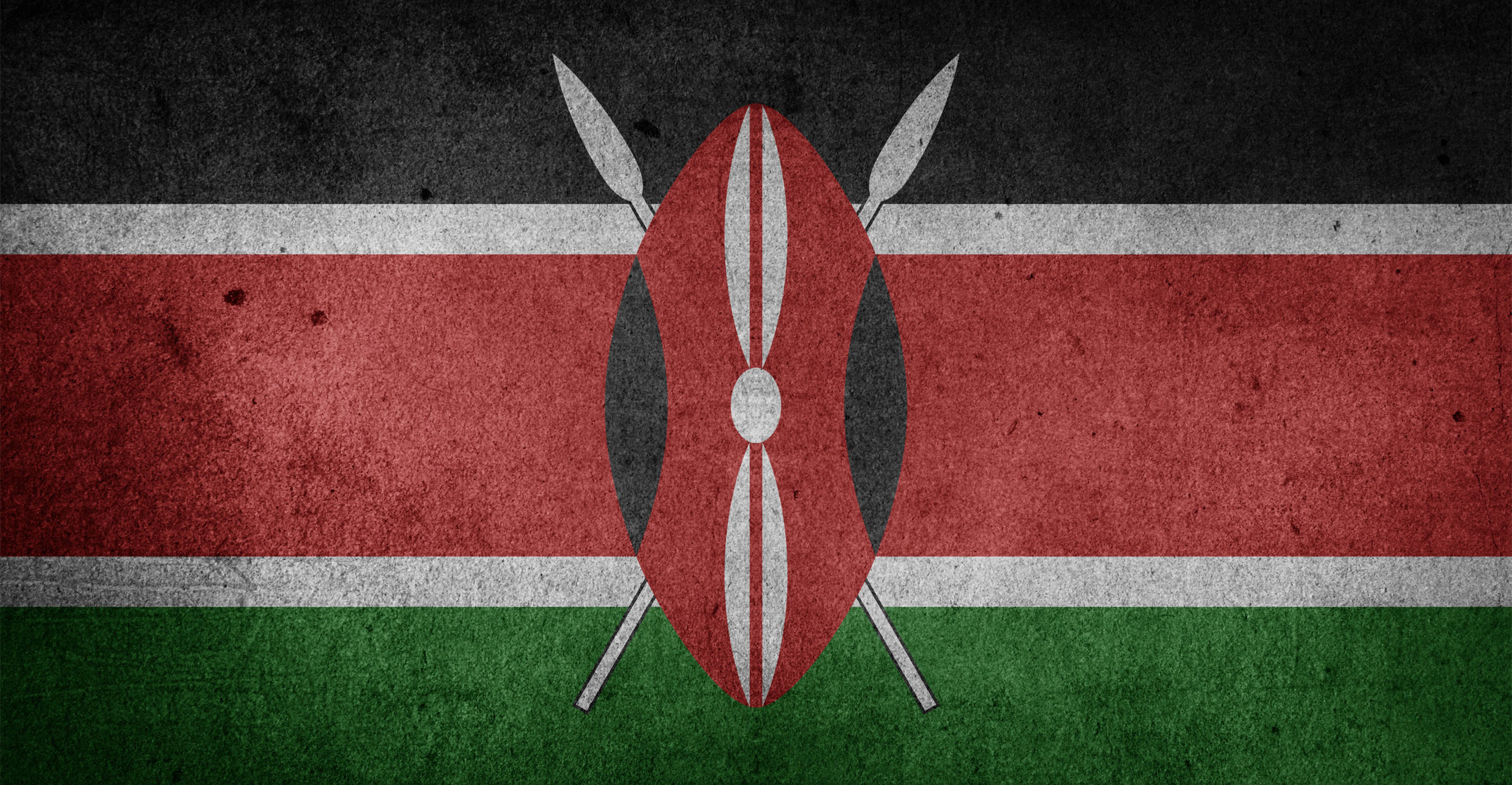
Janeffer Wacheke’s fresh vegetable stall in Nairobi uses technology that’s helping crack a problem Kenyan banks have so far failed to solve — measuring the creditworthiness of traders in the country’s R265-billion informal economy.
The 40-year-old mother of two is among hundreds of small-scale retailers who can use her mobile phone to access loans to buy tomatoes, onions or bananas directly from producers and have them delivered by Kenyan start-up Twiga Foods. That saves Wacheke a trip to the market, where she would have to haggle over prices and then transport the goods herself. It’s cutting her costs and helping her build a credit track record.
“My prayers have been answered,” Wacheke said as she packed tomatoes into a crate under a corrugated-iron roof at her stall. “In business, you need to be fast. The more you pay, the more you get bigger loans, and the more you can sell. It has really helped me.”
The application offered by Twiga, which derives its income from buying wholesale fresh produce and selling it to retailers like Wacheke, uses the same technology that powers cryptocurrencies like bitcoin to monitor how she orders stock and her repayment habits. The mobile blockchain platform — developed by IBM — is one of a growing number of apps trying to address a major hindrance to Africa’s growth: a lack of finance.
“Access to credit in the informal sector is not well known because the data is neglected,” said Anzetse Were, a development economist based in Nairobi. “If you want to penetrate markets in Africa, you need to have a strategy for the informal sector.”
Small businesses in Africa face a $331-billion lending gap, according to the International Finance Corp, the World Bank’s private lending arm. In Kenya, demand from micro-, small- and medium-sized enterprises, or MSMEs, is estimated at $6.5-billion/year, according to 4G Capital, a Nairobi-based provider of loans to small companies in Kenya and Uganda.
“Sub-Saharan Africa has some way to go in building the financial infrastructure needed for MSMEs,” said 4G CEO Wayne Hennessy-Barrett. The company expects to lend $40-million to so-called MSMEs in the next 12 months, double the amount it lent out last year, he said.
‘Trouble accessing credit’
“If a small shop owner can take 10 $200 loans over the course of a year and there are 3.25 million small shop owners and 10 times that number of traders, you’re talking about a lot of people who need to buy inventory and sell it and don’t have access to a financial product designed around their needs,” Hennessy-Barrett said.
Banks in East Africa’s biggest economy have been averse to lending to small business because they’ve been unable to grade the risks of individual entities, relying instead on their judgment of the sector, said Habil Olaka, CEO of the Kenya Bankers Association.
“Currently, small businesses have trouble accessing credit, because they are assumed as a group, but if you have a good track record, you create your own score, therefore your performance in the credit market gives you access and better terms,” he said.
As traders like Wacheke punch their daily orders and funding needs into their phones, the data gets analysed to create patterns in spending, credit histories and demand for goods and other services.

Twiga and IBM processed more than 220 loans for small-food kiosks like Wacheke’s stall during an eight-week pilot programme. During the trial phase, loans averaged about KSh3 000 ($30) each and helped boost order sizes by 30% and the profits for each retailer by 6%, according to the companies. The loans ranged from four to eight days with interest rates of 1-2% in total and might be extended to other countries in the region in the next phase.
“If you put the whole transaction history on the blockchain, then you have something that doesn’t change forever and you are forming the history,” said Solomon Assefa, a vice president at IBM Research in Kenya. “This information allows the banks to expand their reach, the shopkeeper to access credit and the farmer to access the market.”
Given the difficulties of analysing the complexities of the informal economy, Olaka said the technology shouldn’t be seen as a panacea.
“I wouldn’t say that blockchain technology will solve the challenges that affect this group of transactors,” he said. “I would say it has got the potential to.” — Reported by Samuel Gebre, with assistance from Tom Wilson, (c) 2018 Bloomberg LP

